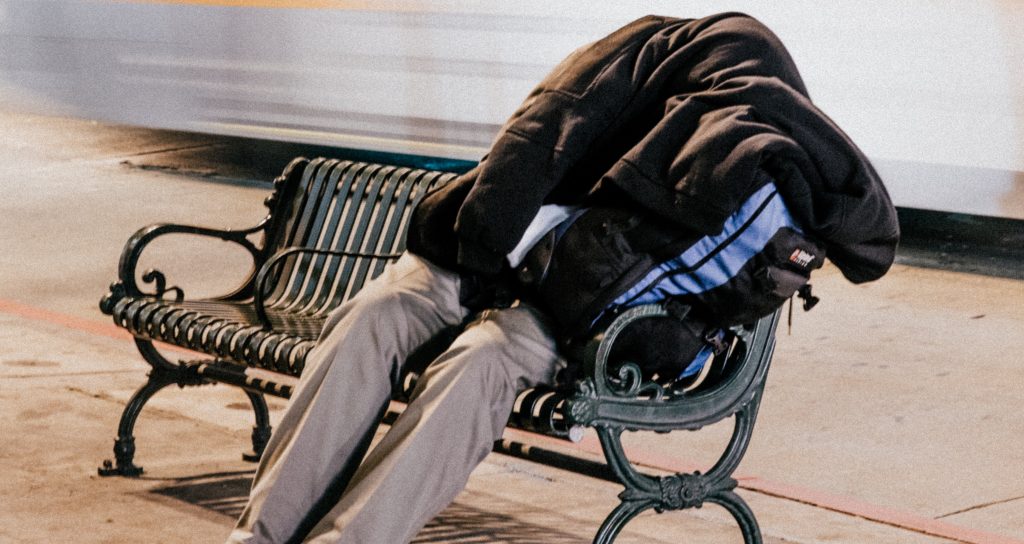A couple whose eviction was filmed for a Channel 5 programme have won £20,000 in damages for violation of their right to a private life.
The eviction of Shakir Ali and Shahida Aslam from their home in East London was filmed by show Can’t Pay? We’ll Take It Away.
The couple had no warning that enforcement officers were coming, and no one explained to them why they were being filmed. Mr Ali also later phoned the production company to make it clear that he did not consent to the footage being broadcast.
The programme gave details about the couple’s lives, including that Mr Ali was unemployed and that the family was reliant on benefits. Filming took place in their home, including their bedroom, and Mr Ali was shown being taunted by the landlord’s son.
The filming took place in April 2015. As of April 2017, the programme had been viewed a total of 9.65 million times.
Right to Privacy or Right to Freedom of Expression?

Image credit: Seth Doyle / Unsplash
Article 8 of the Human Rights Act protects the right to privacy and respect for family life. Article 10 protects the right to freedom of expression. This ensures that we have a free press, which is essential to a democracy.
Sometimes, as in this case, these rights come into conflict and need to be weighed against each other, in a balancing act by the courts.
They consider the public importance of the issues that the media wants to show, as well as the right of individuals to enjoy their lives in privacy. They also take into account the distress caused by any violation of this right.
Right, What Exactly Did the Judge Say?

Image credit: Mari Helin-Tuominen / Unsplash
The judge addressed both sides of the argument. He said that the way evictions are conducted is a matter of public importance. He pointed out that Mr Ali and Mrs Aslam had no idea that they would be evicted that morning, and agreed that there was value in increasing public awareness of this. However, this was not emphasised in the programme.
Instead, the focus was on the entertainment value of the conflict between Mr Ali and Omar Ahmed, the landlord’s son. Unedited footage, not included in the programme, shows one of the enforcement officers saying that conflict between Mr Ali and Mr Ahmed would make ‘terrific television’, and encouraging Mr Ahmed to taunt Mr Ali for this purpose.
Rather than promoting debate on an important issue, Mr Ali and Mrs Aslam were shown in distress. They have suffered further distress due to the programme being broadcast, and their daughter has been bullied at school as a result of the footage. The judge ruled that there had been a violation of Mr Ali and Mrs Aslam’s private life, which was not justified by a public interest in showing the programme.
Poverty Porn or Public Interest?

Image credit: Nathan Dumlao / Unsplash
TV shows depicting life in poverty have been popular in recent years, the most famous being Channel 4’s ‘Benefits Street’. The shows’ producers insist that they highlight issues of public importance, and say they can start important conversations about society. But these types of programmes have also faced substantial criticism from people who believe they amount to ‘poverty porn’, exploiting people in hardship.
Following this judgment, production companies might have to think more carefully about the way they make programmes of this type and to ensure that they get complete consent from the individuals they are filming.







